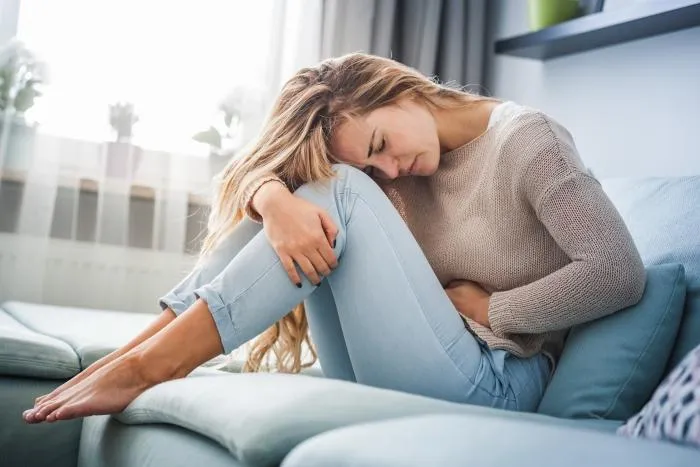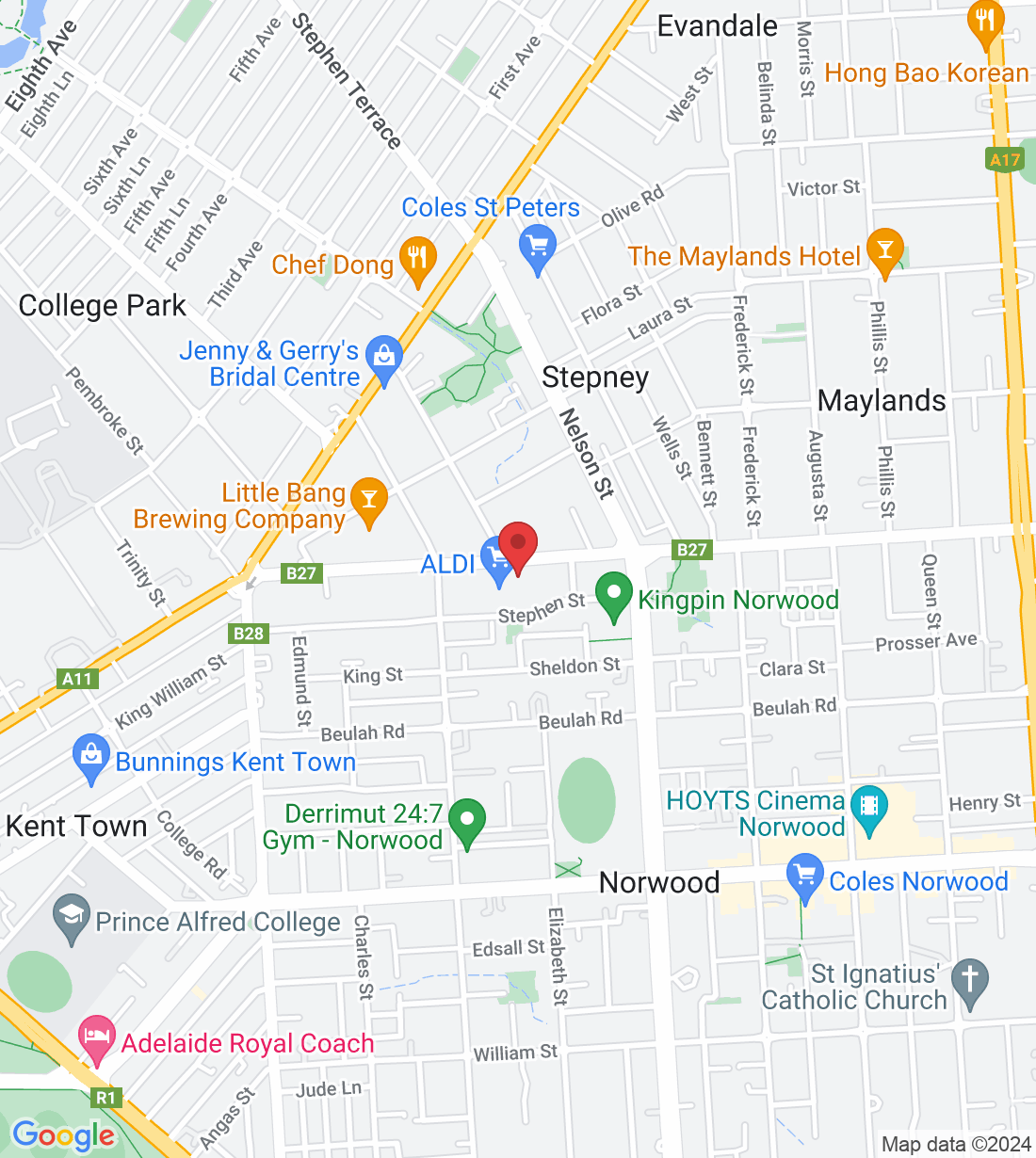
Period Pain is not normal. Period.
Period pain, or dysmenorrhoea (pronounced- dis-men-uh-ree-uh) is the most common type of pelvic pain. 93% of women assigned as female at birth have experienced period pain, with 75% saying that period pain has affected/limited their ability to work.
Being so common, severe or disabling, strong period pain can often be overlooked or ignored or even considered ‘normal’!
But it's not. With better understanding, public education and advocacy we can help those women (and girls) suffering (from period pain) in silence.
Period pain can be caused by a number of reasons;
High levels of Prostaglandin (pronounced - prow·sta·glan·dn)
Prostaglandin is a hormone like chemical in the body. During a period, prostaglandins are responsible for the contractions (the tensing and relaxing) of the uterus to help the shed the lining of your uterus, becoming your menstrual fluid. The levels of prostaglandins, vary a lot between women which causes a variation in the level of contractions that they experience. This is often felt as cramps. Higher levels of prosaglandin = stronger cramps.
Endometriosis (pronounced - en·duh·mee·tree·ow·suhs)
Cells similar to those in the uterus, grow in other parts of the body, particularly in the abdomen and pelvis. Endo cells can build up in these area's and become inflamed and painful at specific times of the menstural cycle, often before and/or during their period, sometimes when ovulating, using their bladder or bowel, or during or after sex.
Adenomyosis (pronounced - a·duh·now·mai·ow·suhs)
Similar to endometriosis, but where the cells of the inner lining of the uterus grow into the uterine muscle wall. Those with adenomyosis will have painful, very heavy periods, and can experience anaemia or iron deficiency, painful sex (dyspareunia) and pelvic pain. This can be a common cause of increased period pain when periods return after childbirth.
Pelvic inflammatory disease
Caused by a bacterial infection from the vaginal spreads to upper reproductive organs. This can result in pain through the abdominal area or with ovullation and mensturation, or it could include bleeding after intercourse as well as a foul-smelling discharge. Common causes include sexually transmissible infections (STI’s), ruptured appendix, gastroenteritis or from insertion of and IUD.
Fibroids
Fibroids or Myoma's are non-cancerous growths in the uterine wall that are very common in women during and after the child bearing years. Their development is not well understood. Some womens won't have any symptoms while others may have heavy bleeding or pain.
Common signs of ‘Abnormal’ Period Pain;
Pain during ovulation, before your period starting, or continuing 2 or more days of your period.
Sharp, stabbing, dragging or burning pain that is distressing
The pain is too uncomfortable to leave home or you struggle to manage work or school loads
Mild painkillers do not manage the pain
Painful bowel motions or pain with a full bladder, particularly worse during your period
Heavy bleeding, flooding, passing large clots (eg a 50c coin), or bleeding between your periods
Painful or uncomfortable sex (dyspareunia)
How might a physiotherapist be able to help?
We know pain! We are the pain professionals.
Not only do we know a lot about rolled ankles and tight backs, but here at Vital Core Physiotherapy and Pelvic Health, we know a lot about pelvic pain.
What physios can do to help manage period pain:
Provide education about pain, and why it behaves like it does and how it changes over time.
Help work out the contributors to your pain; things like stress, muscle tension, sleep, or diet.
Assess the structures around your pelvis that could be contributing to your pain, or may have adapted and become painful since your painful periods started.
Provide treatment options for pain relief and long term management.
Manage other symptoms caused by your period pain: including bladder and bowel changes, pain during sex (dyspareunia), and other hip or pelvic pain.
Refer you to trusted medical professionals equipped to in this area of Womens Health.
We want to help all women with period pain feel better, move better and ultimately live better.
If you have any questions or would like to talk to one of our dedicated women’s health physiotherapists about your pelvic or period pain, please contact the clinic.
Ask a question of Vital Core Physiotherapy
Fill in the form to request a Call From Our Team
One of our team will call you for FREE and answer any questions or concerns you may have about your condition
© 2023 Vital Core Physiotherapy





